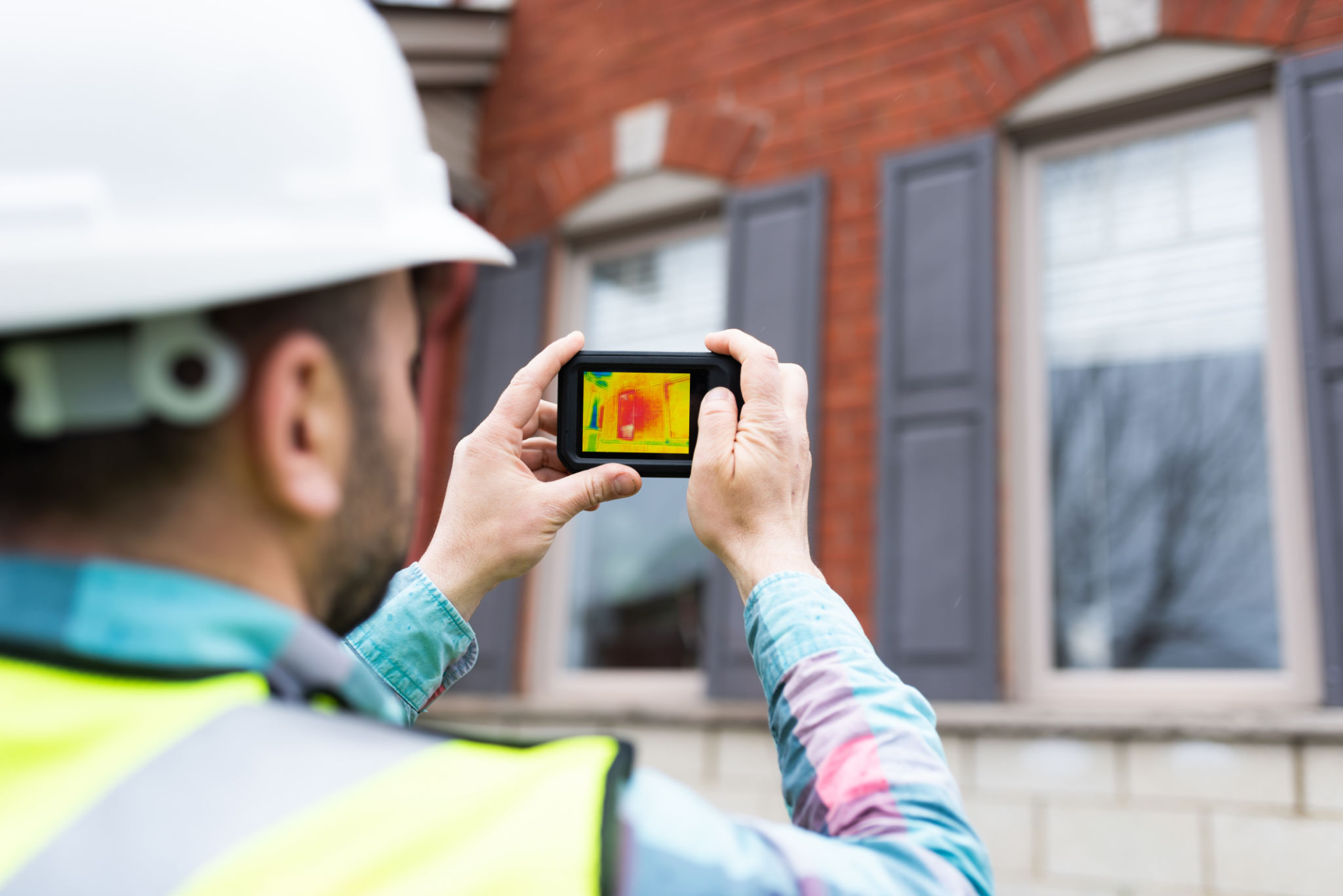Understanding the Latest HVAC Innovations and Trends
Introduction to HVAC Innovations
The Heating, Ventilation, and Air Conditioning (HVAC) industry is constantly evolving, driven by advances in technology and a growing emphasis on energy efficiency and sustainability. Staying updated with the latest trends and innovations is crucial for both consumers and professionals in the field. This post explores some of the most exciting developments in the HVAC sector.
In recent years, there has been a significant push towards creating systems that not only provide comfort but also reduce environmental impact. This shift is evident in the adoption of smart technologies, eco-friendly refrigerants, and more efficient energy use.

Smart HVAC Systems
One of the most notable trends is the integration of smart technology into HVAC systems. These systems can be controlled remotely via smartphones or tablets, allowing users to adjust settings from anywhere. Smart HVAC systems offer personalized comfort and optimized energy use by learning user preferences and adjusting accordingly.
Moreover, these systems often come with predictive maintenance alerts, which notify homeowners or technicians of potential issues before they become costly repairs. This not only enhances system longevity but also ensures consistent performance throughout its lifespan.
Benefits of Smart HVAC
- Energy Efficiency: Optimizes energy usage by adjusting settings based on occupancy and preferences.
- Convenience: Remote access and control through mobile devices.
- Cost Savings: Reduces energy bills by preventing overuse.

Eco-Friendly Refrigerants
The move towards environmentally friendly refrigerants is another key innovation in the HVAC industry. Traditional refrigerants have been known to contribute to ozone depletion and global warming. In response, the industry has been shifting to alternatives like R-32 and R-410A, which have a lower environmental impact.
These refrigerants are designed to improve system efficiency while minimizing harmful emissions. As regulatory bodies continue to phase out older refrigerants, adopting these eco-friendly alternatives becomes not just a choice but a necessity for compliance and sustainability.
Energy-Efficient Designs
HVAC manufacturers are also focusing on creating more energy-efficient designs. This includes the development of variable speed compressors and advanced heat exchangers, which allow systems to operate at optimal efficiency levels. Such innovations help in reducing energy consumption significantly while maintaining indoor comfort.
Implementing energy-efficient designs is not only beneficial for reducing utility bills but also plays a critical role in minimizing the carbon footprint of heating and cooling systems. As consumer awareness grows, demand for these efficient systems is expected to increase.

The Role of IoT in HVAC
The Internet of Things (IoT) is revolutionizing how HVAC systems are monitored and managed. IoT-enabled devices collect data on temperature, humidity, and air quality, providing valuable insights that can be used to enhance system performance. This data-driven approach allows for real-time adjustments that improve efficiency and comfort.
Additionally, IoT integration facilitates seamless connectivity between different smart home devices, creating a cohesive ecosystem that enhances overall home automation. As this technology becomes more widespread, it promises to transform how we interact with our indoor environments.
Conclusion: Preparing for the Future
Understanding these HVAC trends and innovations is essential for making informed decisions about heating and cooling solutions. Whether you're a homeowner looking to upgrade your system or a professional aiming to stay ahead in the industry, embracing these changes will ensure you remain at the forefront of comfort and sustainability advancements.
The future of HVAC is bright, with continuous innovations paving the way for more efficient, environmentally friendly, and intelligent systems. By keeping up with these trends, you can enjoy enhanced comfort while contributing to a more sustainable planet.
